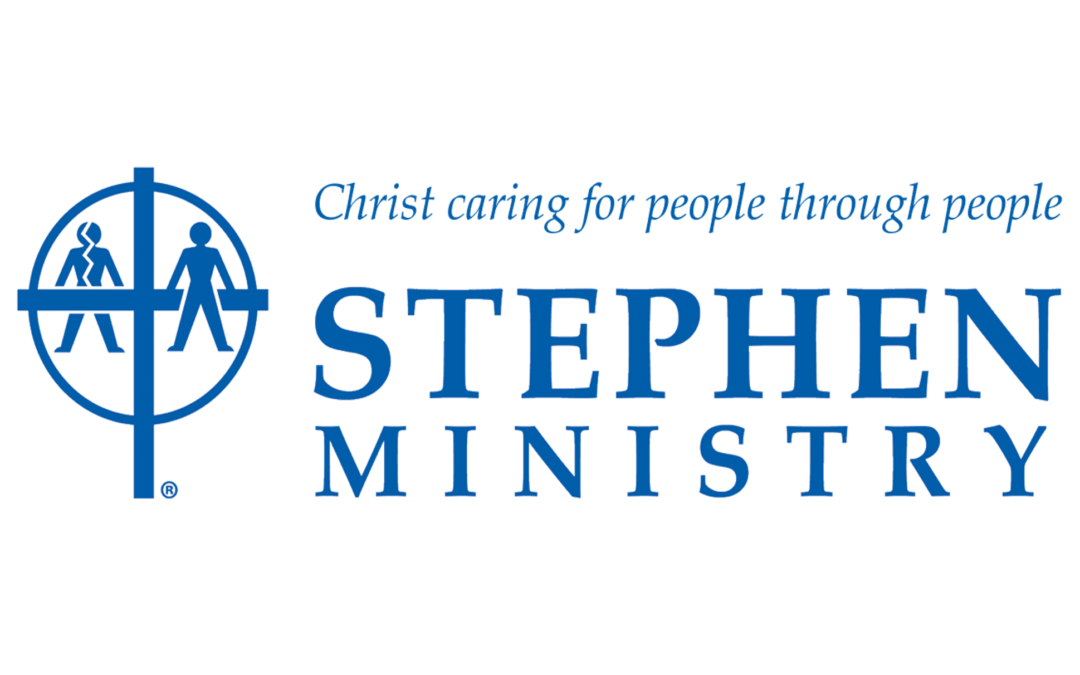
Stephen Ministry
Stephen Ministry is a ministry of presence and listening provided through church members who are trained to provide confidential care to people experiencing a wide variety of difficulties. We are lifting up this longtime ministry of our congregation this month, putting out an invitation for people to prayerfully consider becoming a Stephen Minister, and reminding people that we have Stephen Ministers who can be there for you when you need a listening ear or a shoulder to cry on. Information about Stephen Ministry will be provided in worship in the weeks ahead. There will also be a large display on the bulletin board in the narthex throughout the month. If you have any questions about Stephen Ministry, please contact Gaye Rodriguey, Gayle Dobbyn, or Pastor Spencer.
